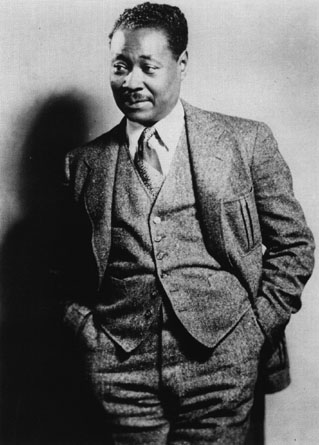 |
| Image credit: en.wikipedia.org |
Festus Claudius "Claude" McKay (September 15, 1889 – May 22, 1948) was a Jamaican-American writer and poet, who was a seminal figure in the Harlem Renaissance. He was the youngest child of Thomas Francis McKay and Hannah Ann Elizabeth Edwards, well-to-do farmers who had enough property to qualify to vote. Thomas McKay's parents was of Ashanti descent, like many other black Jamaicans. Claude recounted that his parents would share stories of Ashanti customs with him.
McKay authored collections of poetry, a collection of short stories, Gingertown (1932), two autobiographical books, A Long Way from Home (1937) and My Green Hills of Jamaica (published posthumously), and a non-fiction, socio-historical treatise entitled Harlem: Negro Metropolis (1940). His 1922 poetry collection, Harlem Shadows, was among the first books published during the Harlem Renaissance. His Selected Poems was published posthumously, in 1953.
On this motivational Monday as we approach the ending phase of summer, we present this poem Summer Morn in New Hampshire, by Claude McKay.
Summer Morn in New Hampshire
By Claude McKay
All yesterday it poured, and all night long
I could not sleep; the rain unceasing beat
Upon the shingled roof like a weird song,
Upon the grass like running children’s feet.
And down the mountains by the dark cloud kissed,
Like a strange shape in filmy veiling dressed,
Slid slowly, silently, the wraith-like mist,
And nestled soft against the earth’s wet breast.
But lo, there was a miracle at dawn!
The still air stirred at touch of the faint breeze,
The sun a sheet of gold bequeathed the lawn,
The songsters twittered in the rustling trees.
And all things were transfigured in the day,
But me whom radiant beauty could not move;
For you, more wonderful, were far away,
And I was blind with hunger for your love.
* This poem is in public domain.
Comments
Post a Comment